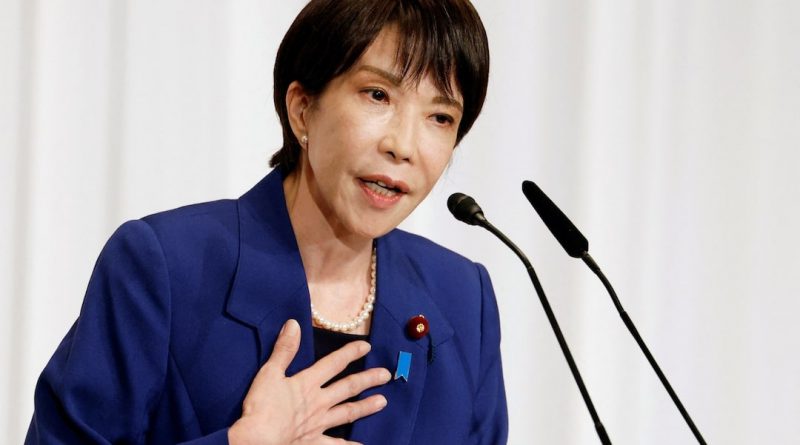China Escalates Diplomatic Rift With Japan at UN Over Taiwan Remarks
Beijing — China has intensified its dispute with Japan by formally bringing the matter to the United Nations, accusing Tokyo of suggesting an “armed intervention” in the Taiwan issue.
The move marks the strongest language used by Chinese officials since the controversy began two weeks ago, signaling a sharp rise in diplomatic tensions.
In a letter addressed to the UN Secretary-General, China’s representative stated that Japan’s recent comments violated international law and diplomatic norms.
The letter warned that any attempt by Japan to involve itself militarily in a cross-Strait conflict would be treated as an act of aggression.
Chinese officials emphasized that the country would exercise its right to self-defence under the UN Charter and international law if challenged.
They reiterated that China would firmly defend its sovereignty, territorial integrity, and core interests.
The dispute began after the Japanese prime minister said earlier this month that a Chinese attack on Taiwan could fall under a legal category that permits Japan to deploy its military.
Her remarks ended years of strategic ambiguity and ignited a wave of strong criticism from Beijing.
China views Taiwan as part of its own territory and has not ruled out the possibility of unification through force.
Taiwan’s government has rejected Beijing’s claims, stating that only the island’s people can determine their future.
Japan’s government did not immediately respond to the comments made at the UN.
However, analysts say the situation represents the most serious bilateral confrontation between the two countries in years.
Tensions have expanded beyond diplomatic statements.
Chinese authorities recently said trade cooperation has been harmed, and several planned performances by Japanese musicians in China have been cancelled.
China urged Japan to withdraw what it called “erroneous remarks” and avoid escalating the situation any further.
Officials warned that continued provocations risk crossing serious political and diplomatic red lines.
Japan’s position is influenced by Taiwan’s proximity to its southwestern islands, which lie just over 100 kilometers from Taiwanese territory.
Security experts in Tokyo argue that any instability in the Taiwan Strait directly affects Japan’s national security.
China has continued referencing historical events in its criticisms.
Ahead of the 80th anniversary of Japan’s defeat in World War II, Beijing has increasingly invoked Japan’s wartime actions to reinforce its arguments.
Chinese officials also highlighted the country’s role in shaping the postwar international order.
They said declarations issued during that period envisioned that Taiwan and other territories previously under Japanese occupation would return to Chinese governance.
These declarations, including the Cairo and Potsdam statements, are cited by China as the historical foundation for its claims over Taiwan.
However, many governments consider these declarations political commitments rather than legally binding agreements.
Complicating matters further, the documents were signed by the Republic of China government, which relocated to Taiwan after the Chinese civil war.
Taiwan held China’s UN seat until it was transferred to the Beijing-based government in the early 1970s.
The broader regional context also shapes the dispute.
The Asia-Pacific region has seen rising concerns about security, alliances, and the balance of power, with Taiwan emerging as a central issue.
Japan has strengthened ties with several partners in recent years, citing concerns about increasing military activity near its borders.
Chinese officials argue that moves by Japan and its allies contribute to unnecessary tensions.
Observers say the current rift could impact regional diplomacy if not handled carefully.
Both nations have significant economic ties, which risk being strained further if the disagreement intensifies.
Despite the harsh exchanges, diplomatic experts believe space remains for dialogue.
They note that both sides may prefer to avoid allowing the dispute to spiral into broader instability.
For now, the episode has placed renewed attention on the fragile dynamics of Taiwan-related issues.
It also underscores how quickly statements by political leaders can escalate into wider geopolitical friction.



